As I have worked on my PhD, I have had a bit of an issue trying to explain clearly what exactly the impact of my research is. I always try and equate it to every day life, or some sort of consumer product. Having to equate it to a consumer product ultimately annoys me. Unfortunately, this is the most realistic way of the general public trying to understand what the end product of a PhD is - A shinier cell phone... lol.
I can go on unending rants about how the media uses "Mythbuster-esuqe ""Science"" " is used to "prove" things like global warming, the end of the world in 2012, and so on, but ultimately that's not productive. People are too deeply rooted in the opinion of what is being presented to them in the popular media and television is absolute fact for anyone to argue an alternate opinion. This is where the label of "conspiracy theorist" is used at-nauseum (granted, sometimes is warranted).
Anyways, I'm off on a tangent.
What I want to do with this post is to explain exactly what a PhD is for society, using an excellent example from The Illustrated Guide to a Ph.D. ( http://matt.might.net/articles/phd-school-in-pictures/ ).
So first, lets consider the below circle as containing the entirety of human knowledge. Everything:
By the time someone finishes elementary school, they know (roughly) this much of total human knowledge:
Now, when someone finishes high school, they learn a little bit more general knowledge:
Now, with a bachelor's degree, you gain more general knowledge, but also gain a specialty, which gives you more knowledge in a specific area, as shown below:
A Master's Degree deepens that specialty further:
When you start a PhD, you first learn the work of others in your specialty, and reading that work/those papers takes you to the edge of human knowledge:
Eventually, you find a specific area of your field to focus a thesis on:
For a few years, you work hard on that focused area of work, pushing the boundary of human knowledge:
Eventually, one day, a discovery or experiment causes that boundary to give way:
That small dent in the "frontier of human knowledge"? That's a Ph.D.:
So, the world looks different specifically in that field now:
Now that the world has been changed by that discovery, its important to reflect on the overall impact, or to look at the bigger picture:
So, in the words of the original author, its very important for people to "Keep Pushing".
Anyways, this is the most accurate representation of what a PhD is for society that I've ever seen.
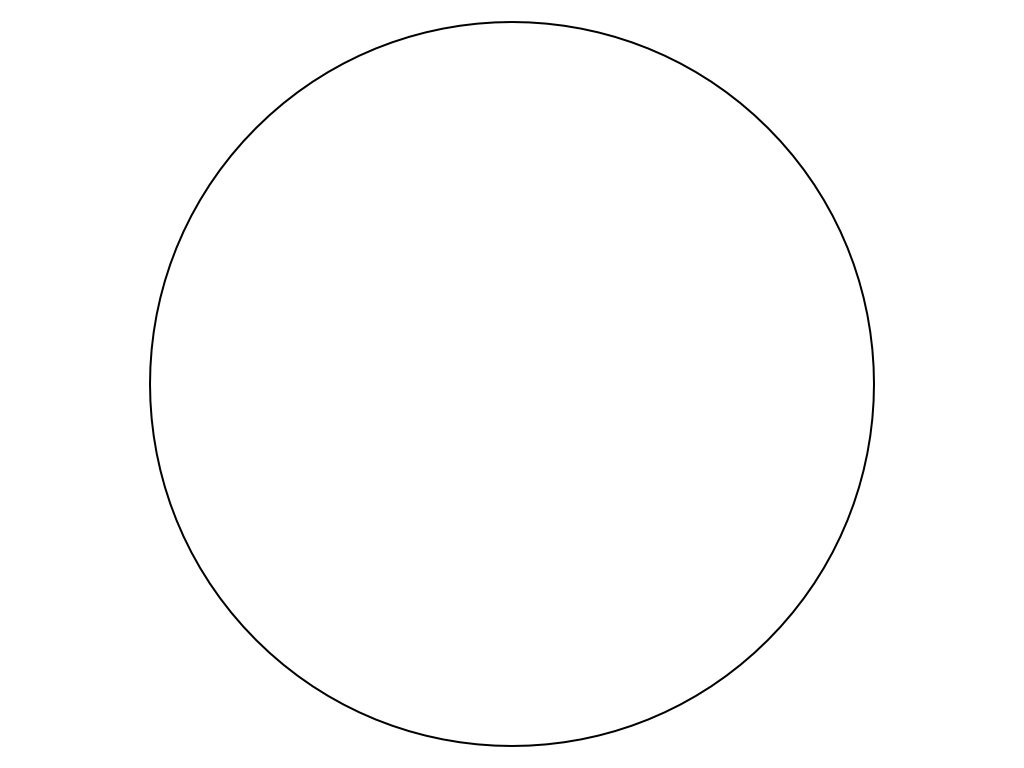
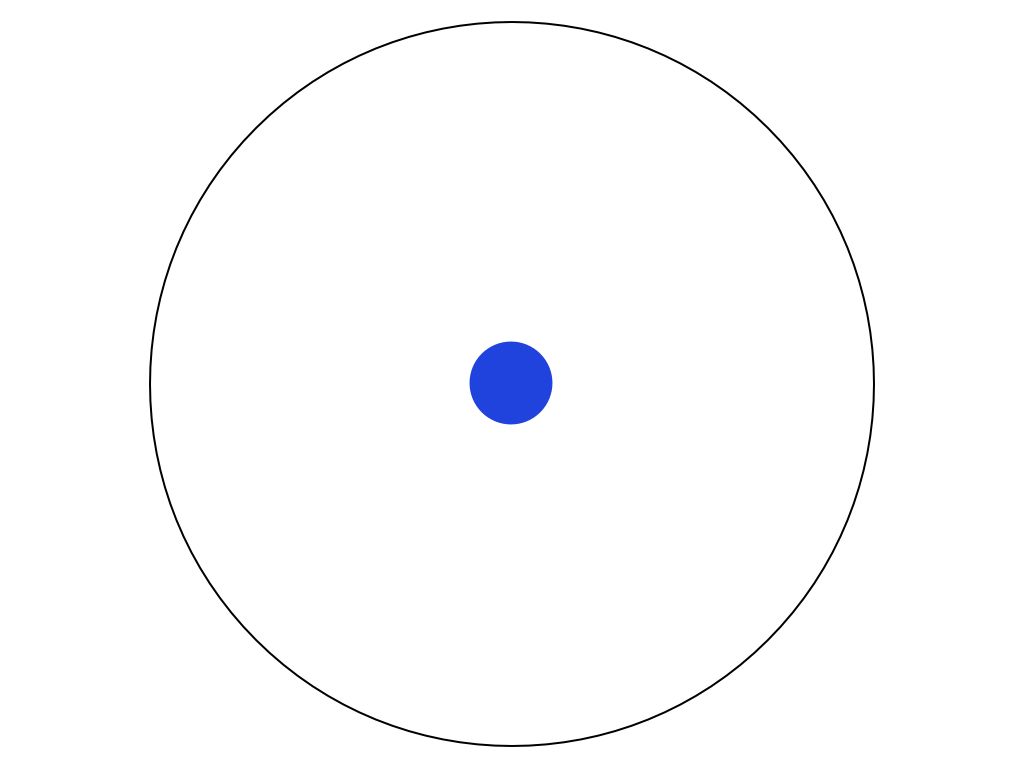
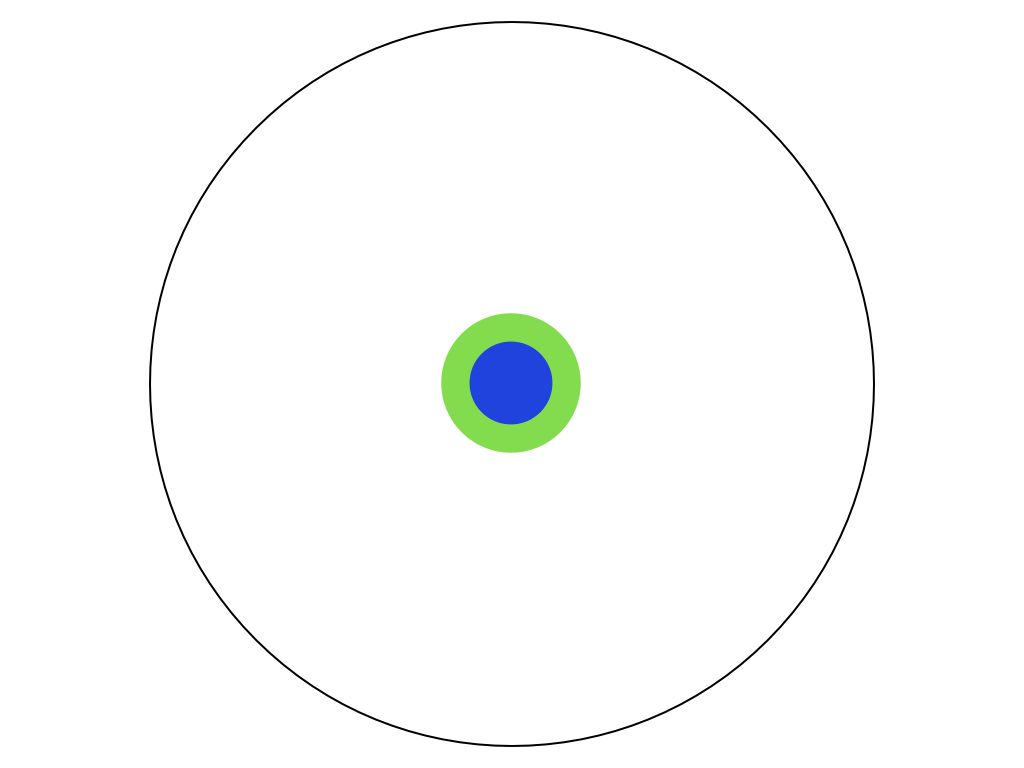
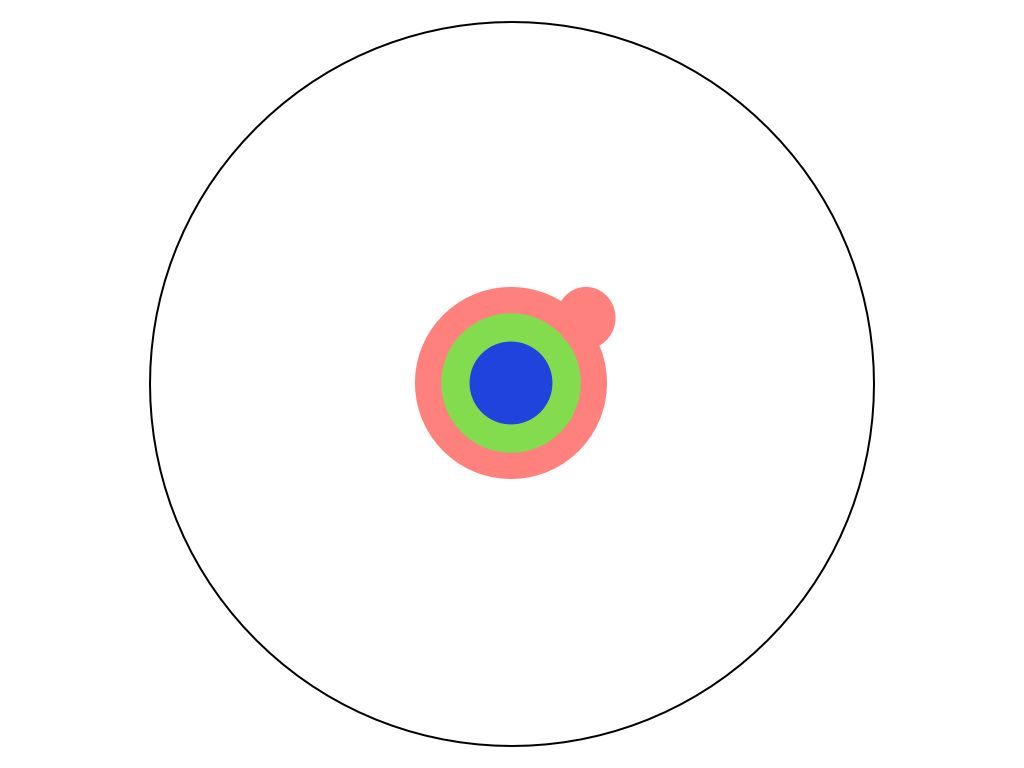
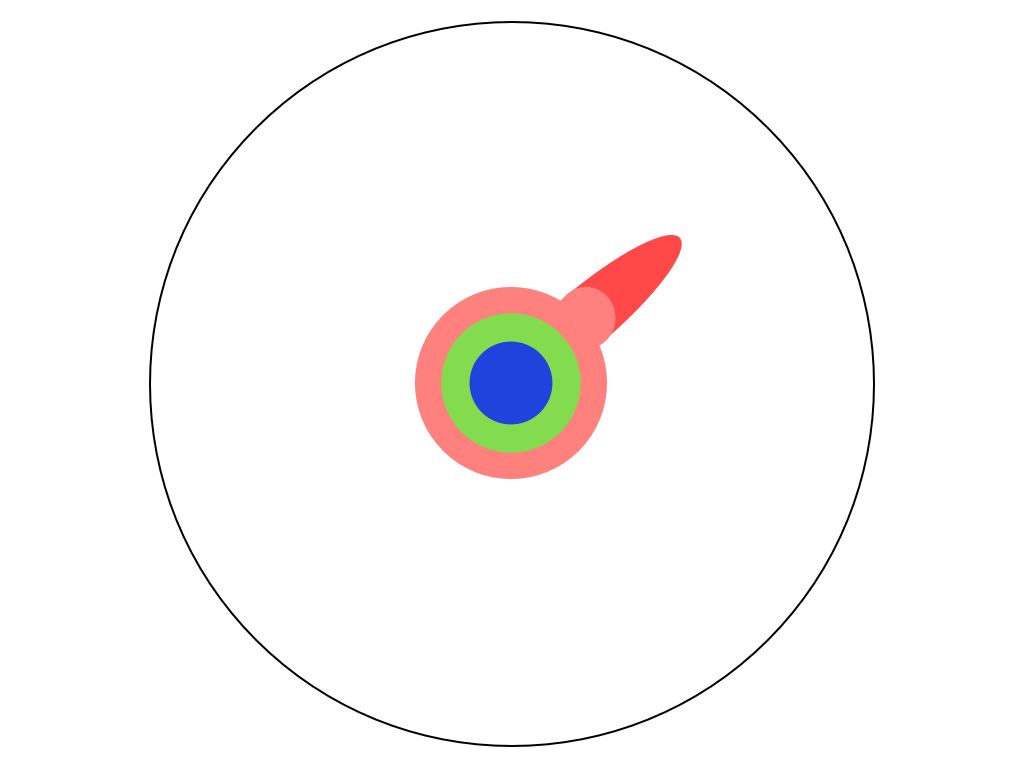
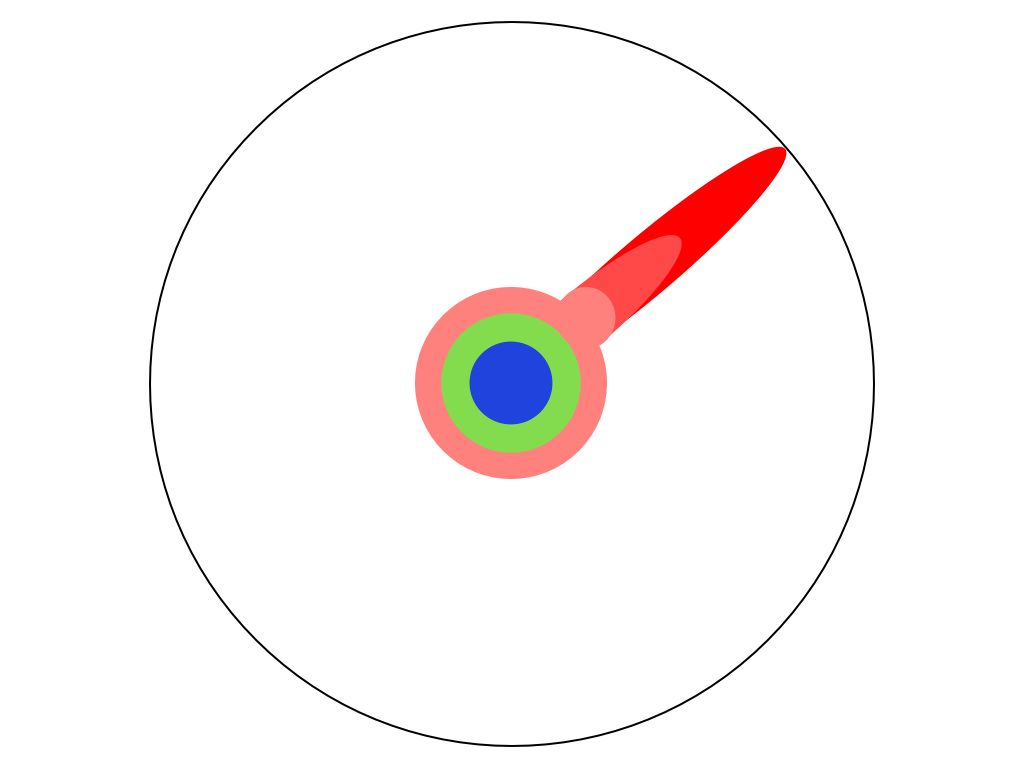
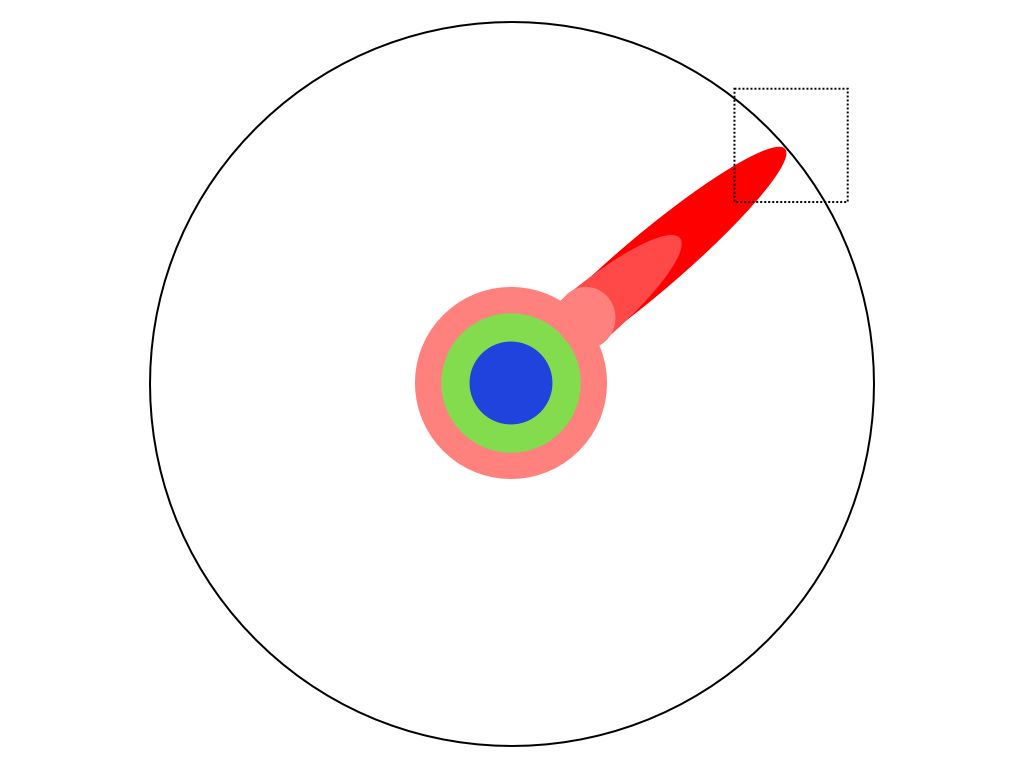

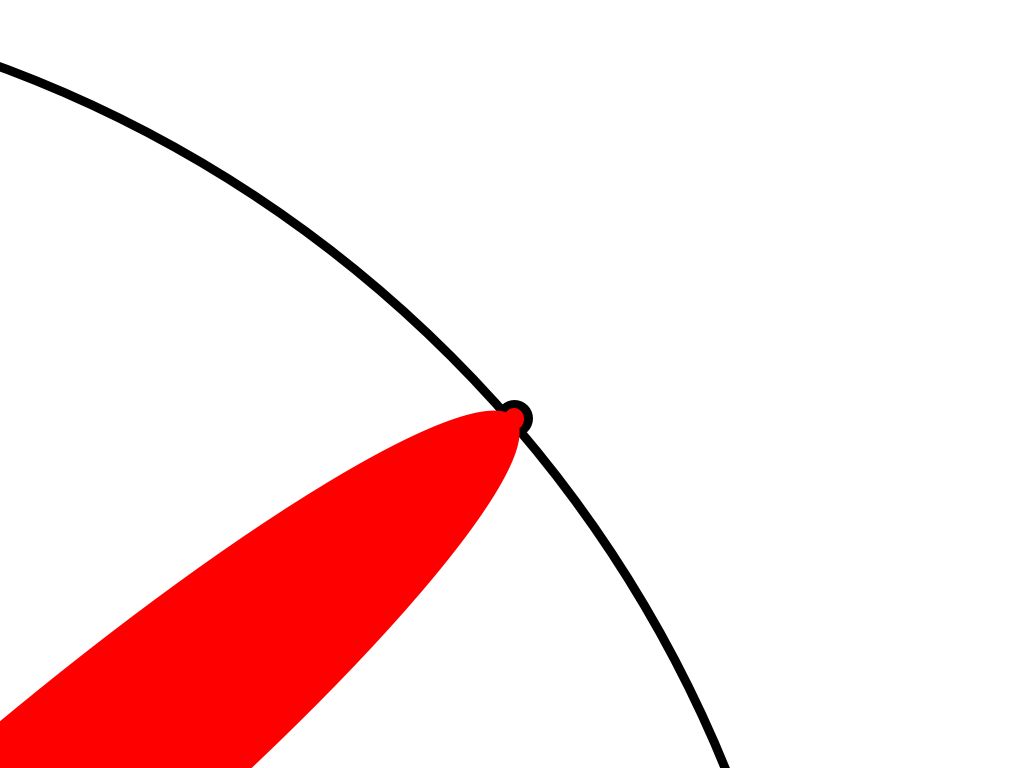
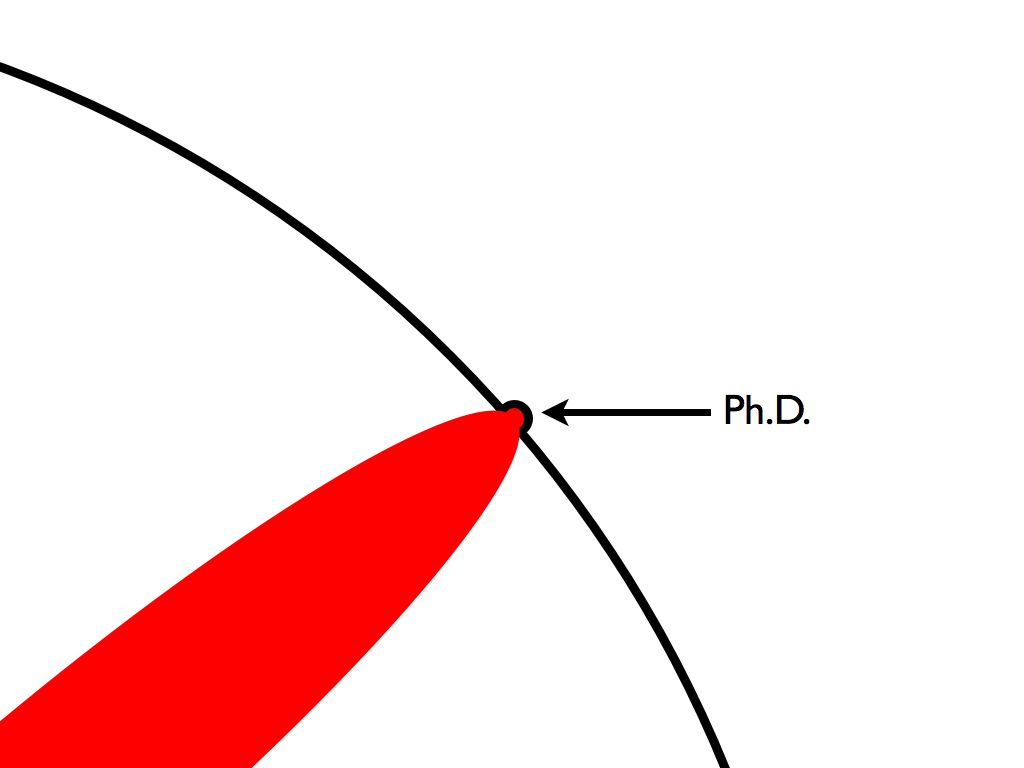

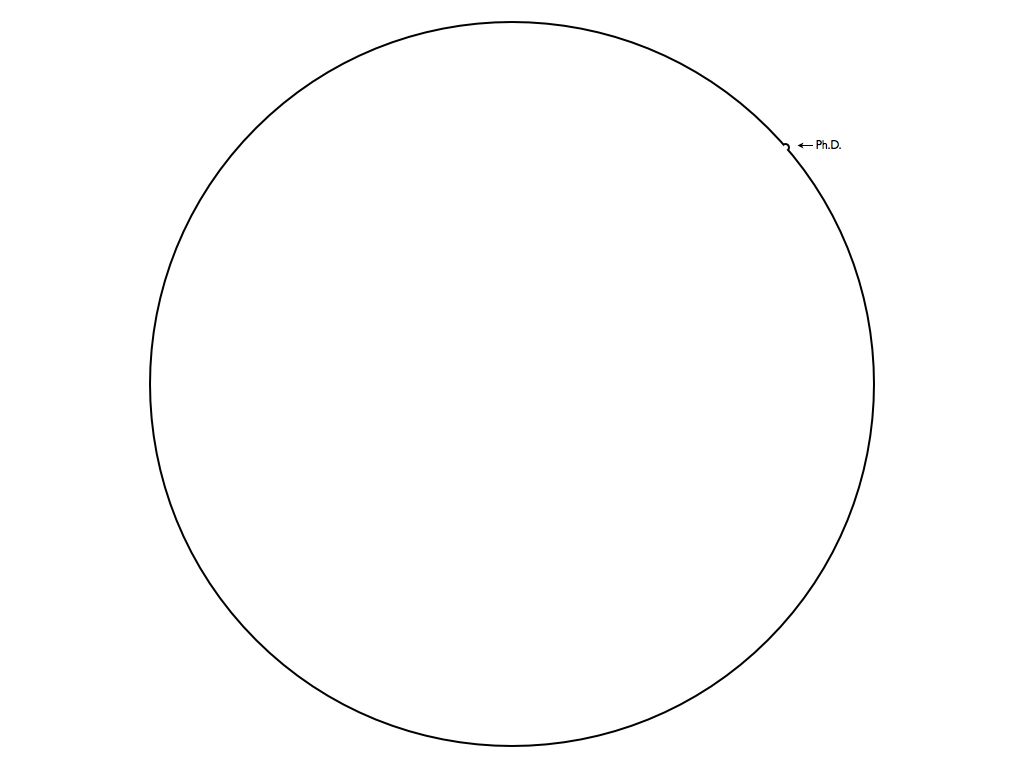
Haha! You're a pimple.
ReplyDeleteThis comment has been removed by the author.
ReplyDeleteBetter get some Clearasil!
ReplyDelete